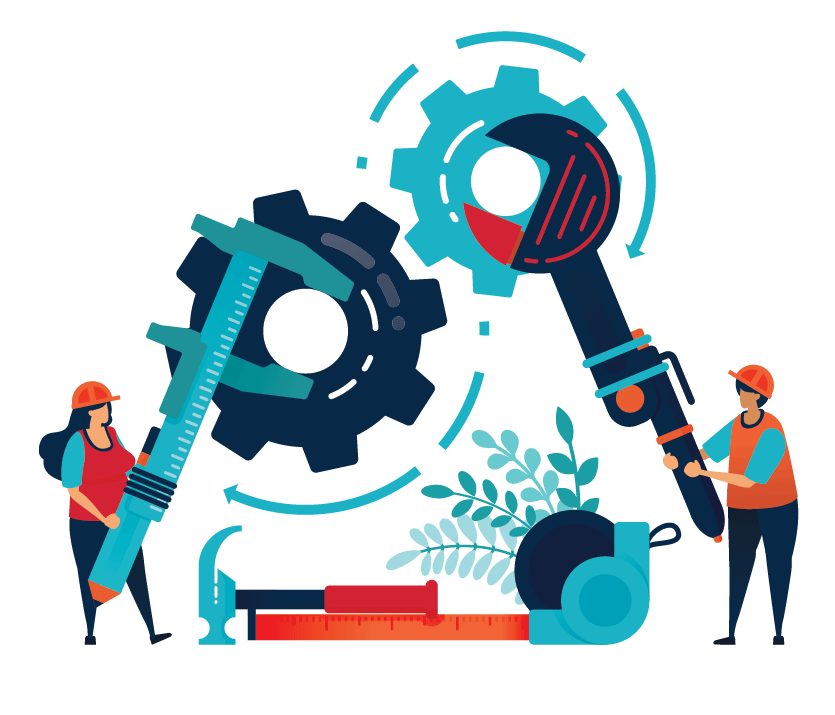WORKFORCE PARTNERSHIPS
(Integrated Education & Training)
INTEGRATED EDUCATION AND TRAINING means instruction that provides adult education and literacy activities concurrently and contextually with workforce preparation activities and workforce training for a specific occupation or occupational cluster for the purpose of educational and career advancement.
Literacy Services of Wisconsin (LSW) contextualizes our traditional adult high school equivalency program to directly align with partners who are experts in their industries, creating a model that honors academic excellence and ensures students are ready for careers upon completion.

Partners & Programs
Construction HSED program provides a concurrent curriculum for students to earn their high school diploma while simultaneously obtaining their North America’s Building Trades Unions Multi-Craft Core Curriculum (MC3) certification to immediately enter construction trade employment or apprenticeship.
Manufacturing HSED program provides a concurrent curriculum for students to earn their high school diploma while simultaneously obtaining industry recognized Certified Production Technician (CPT) certification to immediately enter manufacturing positions at local companies looking for entry-level employees.
As a valued community-based organization, LSW partners directly with Milwaukee Area Technical College (MATC) to ensure seamless transition and co-enrollment of students interested in technical diplomas. LSW not only has MATC instructors on site to increase capacity, but we also align our curriculum with MATC’s. LSW has worked closely with MATC as they designed and developed their career pathway certificates and credentials (healthcare and IT pathways). We play a crucial role in supporting the workforce through connectivity to career pathways at the technical college. Last year, 47% of LSW graduates enrolled at MATC.
LSW’s intersection with preparing and upskilling for employment is a crucial piece of the workforce ecosystem. All LSW High School Equivalency Diploma programs infuse employability skills, and workforce readiness is a required component of our HSED programming. All students are assessed on their career interests and complete activities that aim to increase a student's aptitude in their identified occupation or career. Instructors utilize Career Cruising, a self-exploration and planning tool that helps students identify their strongest traits to match them to opportunities that best suit them. Once students explore a multitude of career choices, they can pinpoint aspirations and define an actionable plan that includes outlining the steps necessary to pursue their chosen field.
This self-study and instructor-led exploration is bolstered by workshops presented by community partners. Recruitment managers from local staffing agencies present on topics such as resume building, interview etiquette, and professionalism in the workplace. A communications professor from UWM presents on conflict management, communication styles, and burnout. And college counselors present on college selection, including cost, time frames, academic life, and accreditation. Additionally, students engage in mock interviews with local employers and volunteers. At the completion of each session, students not only have a clearer picture of the variety of careers they can pursue but are also armed with knowledge on the educational requirements to get there, a fully formed resume, soft skill development, and community contacts to assist them after they move on from LSW.
The Milwaukee County Jail adult education program provides opportunities for students who are justice-involved and currently incarcerated to explore career options available upon release. Working with students individually and in groups, advisors provide information, feedback, experiences, and exercises to help students clarify a career goal. This culminates in the student's development of a career plan which, while it identifies longer-term goals, is particularly focused on delineating specific next steps for the period 6-12 months after the completion of the academic goal at LSW. That is often a vulnerable period of transition during which it becomes important to use the momentum gained in the program to fuel the leap to what comes next. To this end, advisors are available to continue supporting students for 6-12 months after program completion to help navigate this transition.
ADULT EDUCATION IS WORKFORCE DEVELOPMENT:

LSW programming increases access to economic mobility, family sustaining careers, and lifetime earning potential by helping adults successfully complete their high school credential.
Workers who have less education than a high school diploma have the lowest median weekly earnings ($592), three times less than the highest level of education. - ProLiteracy
As of 2011, a 1% increase in average literacy scores was associated with growth of 3% in GDP per capita and 5% in labor productivity.
In fact, the value to our economy in additional wages and the reduction in costs for various support programs is estimated at $200 billion a year. - The Program for the International Assessment of Adult Competencies (PIAAC)



